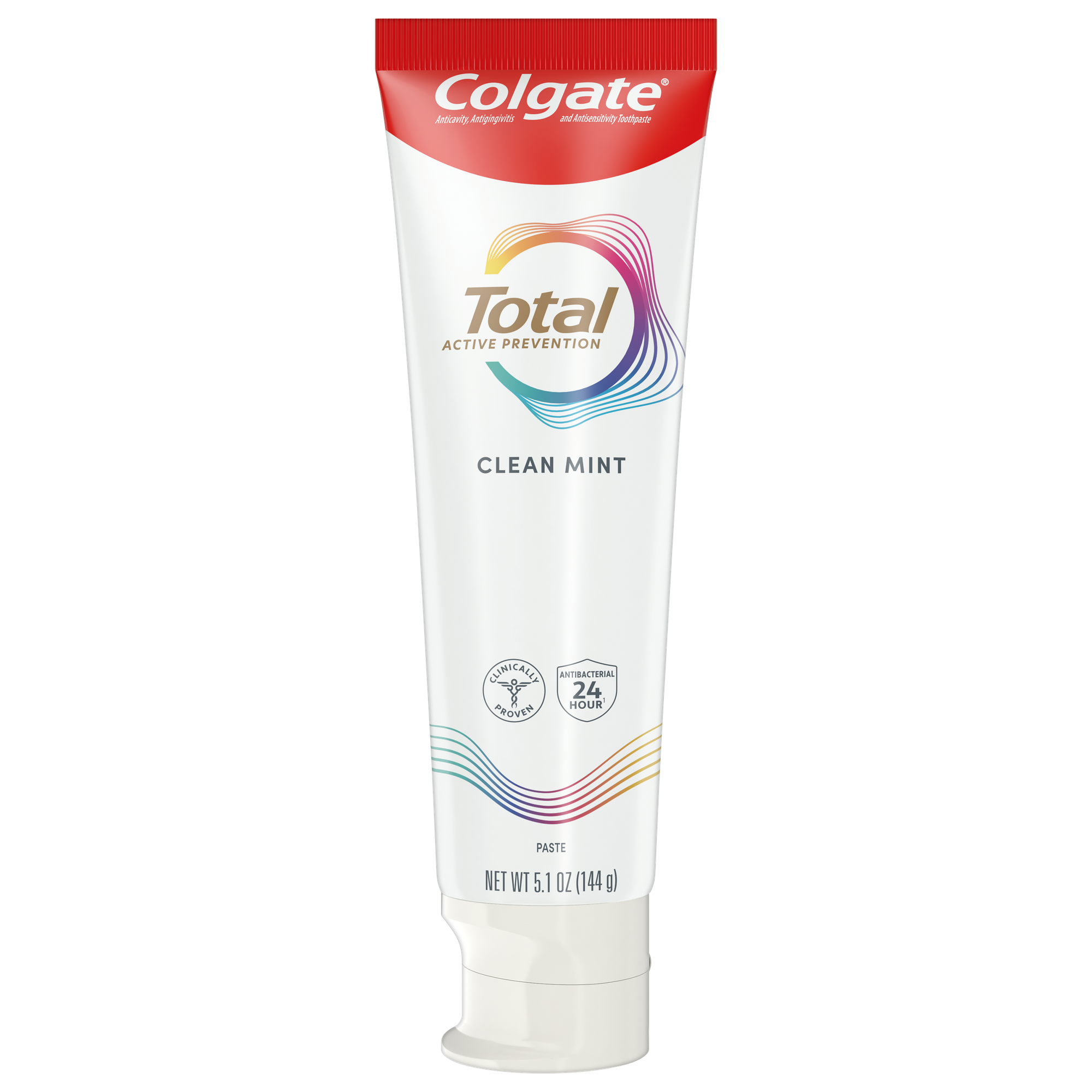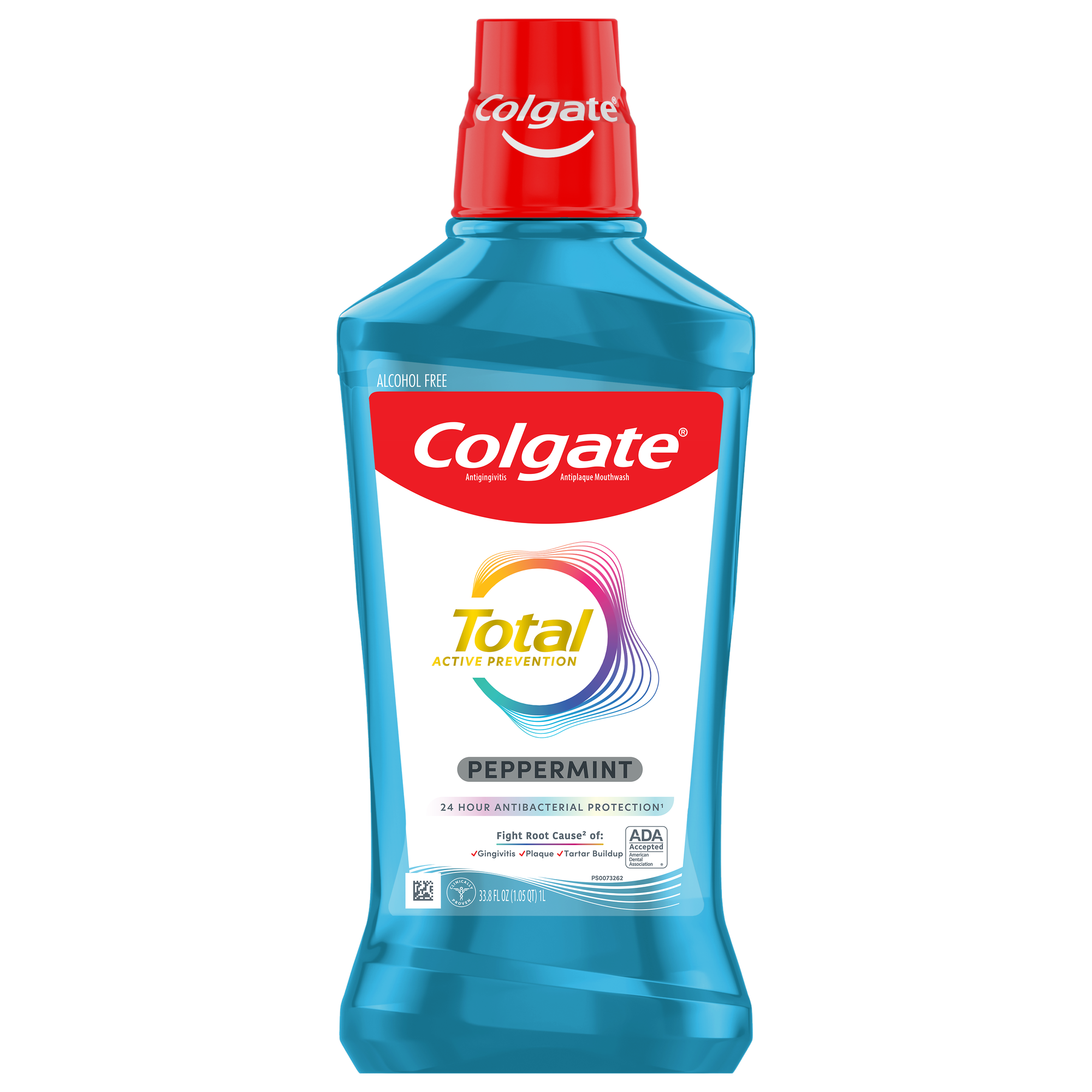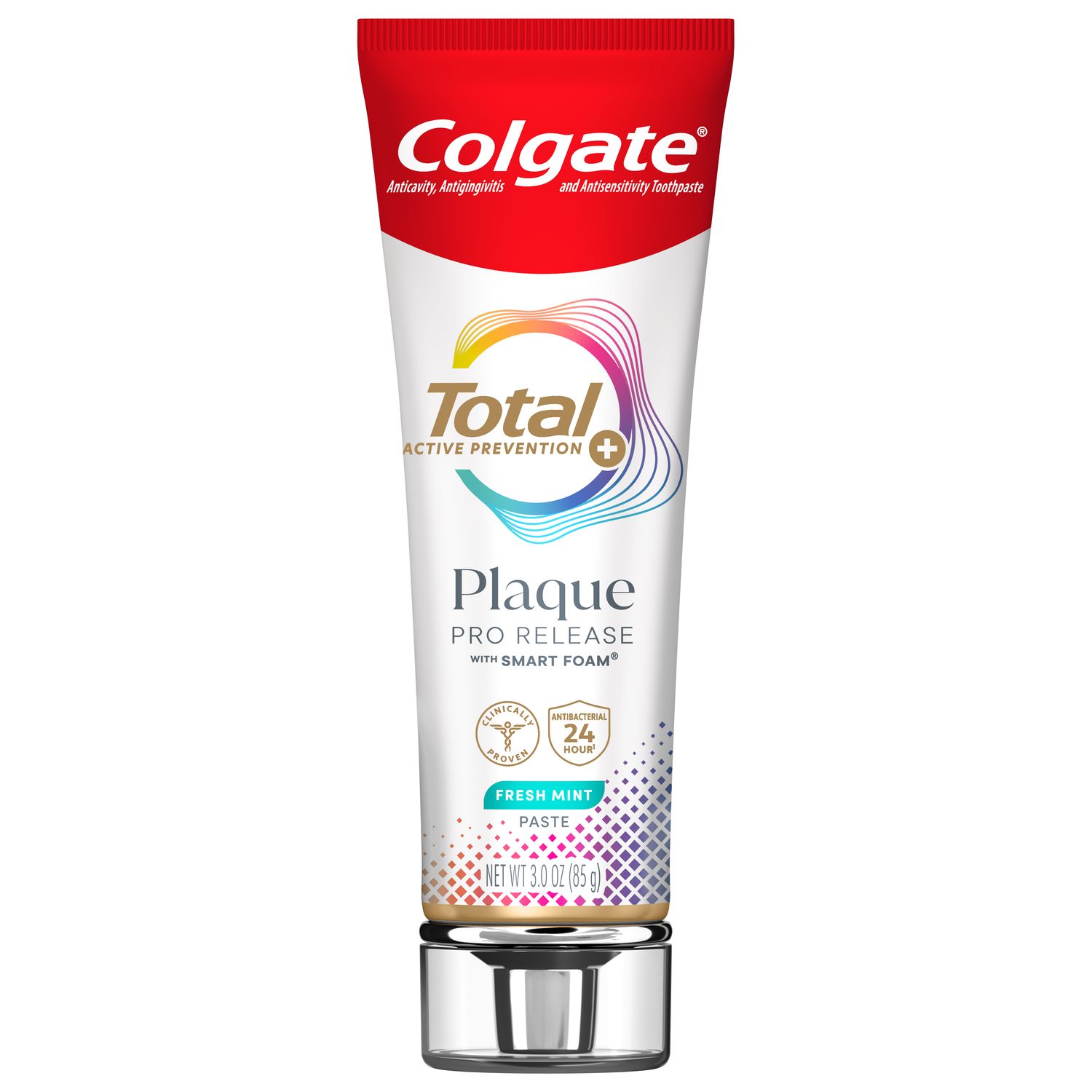
In 2016, in the United States alone an estimated 1,685,210 new cases of cancer will be diagnosed, and cancer will account for 595,690 deaths, reports the National Cancer Institute.
Cancer encompasses more than 200 types of cancer and involves uncontrolled proliferation of cells that form a tumor in tissues and organs of the body. In the bloodstream and bone marrow, cancer cells multiply and displace normal cells. Cancer cells also migrate to secondary sites, resulting in metastases. Dental care for cancer patients is key to ensuring their quality of life during this difficult time. Here's what you need to know about the complications that may arise due to cancer therapy and what dental measures you can take to keep a patient's mouth healthy.
Oral Complications in Cancer Patients
Depending on the individual cancer patient and his or her treatment, various forms and degrees of oral complications can arise. Chemotherapy is a common treatment that can impair the function of bone marrow by suppressing the formation of white blood cells, red blood cells and platelets. Some cancer treatments have toxic effects on oral tissues. Side effects may include mucositis, dry mouth, dental caries and other oral infections, among others, according to the journal Oral Diseases.
Dental professionals must take a collaborative approach with the patient and other providers to initiate preventive measures before cancer therapy begins. Communication may also reduce the occurrence of problems that may result from conflicting treatments.
The Oral Cancer Foundation notes that risk factors for oral complications that can interfer with a patient's oral health include the type of cancer a patient has, the chemotherapy regimen, site of irradiation and how much radiation is being given, how low blood counts are and the duration of the low blood count, the patient's age and the state of his or her general health prior to treatment.
Oral Evaluation
Specific dental conditions, such as active periodontal disease, may complicate cancer treatment and affect a patient's quality of life. Cancer therapies also often weaken the immune system, so the body may be less able to fight infections. The National Institutes of Health (NIH) lists oral factors that should be addressed prior to cancer treatment, including:
- Periodontal disease
- Other pre-existing intra-oral infections
- Broken teeth or restorations
So once your patient tells you of a diagnosis, it's important to cater their care with their upcoming treatments in mind. A comprehensive oral evaluation should be performed one month before cancer treatment begins. The NIH outlines a few facts that are especially important to consider before a patient begins cancer treatment:
- Consult with the patient's physician or oncologist before a dental treatment or evaluation.
- Identify, treat and stabilize any oral infections.
- Oral surgery needs to be completed at least 14 days before radiation therapy begins and at least 7 to 10 days prior to myelosuppressive chemotherapy.
Recommendations for Home Care
Dental professionals are responsible for offering their recommendations to every patient. In the case of a cancer patient, keep your dental hygiene recommendations easy to understand as your patient is bombarded with medical terminology concerning the disease. The main recommendations you should emphasize are to avoid using toothpastes with abrasive ingredients and follow precautions to prevent caries.
Every patient should receive a customized oral hygiene and home care plan to minimize any oral complications that can arise during cancer treatment. Patients who undergo head and neck radiation or high-dose chemotherapy, which are associated with xerostomia, should receive a customized caries prevention plan that may include supplemental fluoride, as well as xylitol.
One caries prevention measure is steering clear of candy and gum that contain sugar. So long as they are sugar-free and non-acidic, candy and gum are suitable and you may want to encourage sucking and chewing on these varieties. The Mayo Clinic notes that xylitol is an ingredient often present in over-the-counter remedies for xerostomia, but it can be a contraindication in patients with conditions like irritable bowel syndrome (IBS). Lastly, let the patient know the value of scheduling regular dental appointments to help prevent and to treat any oral conditions that may arise during the illness and post-treatment.
Takeaways
- Keep an eye out for oral complications that result from chemotherapy and radiation treatment.
- Collaborate with a patient's physician or oncologist to make sure dental treatments can be safely performed and also do not interfere with cancer therapies.
- Customize a home care plan to help maintain a healthy oral environment.
Why It's Important
As a partner in our patients' cancer treatment, dental professionals need to be knowledgeable about dental care
Join us
Get resources, products and helpful information to give your patients a healthier future.
Join us
Get resources, products and helpful information to give your patients a healthier future.













